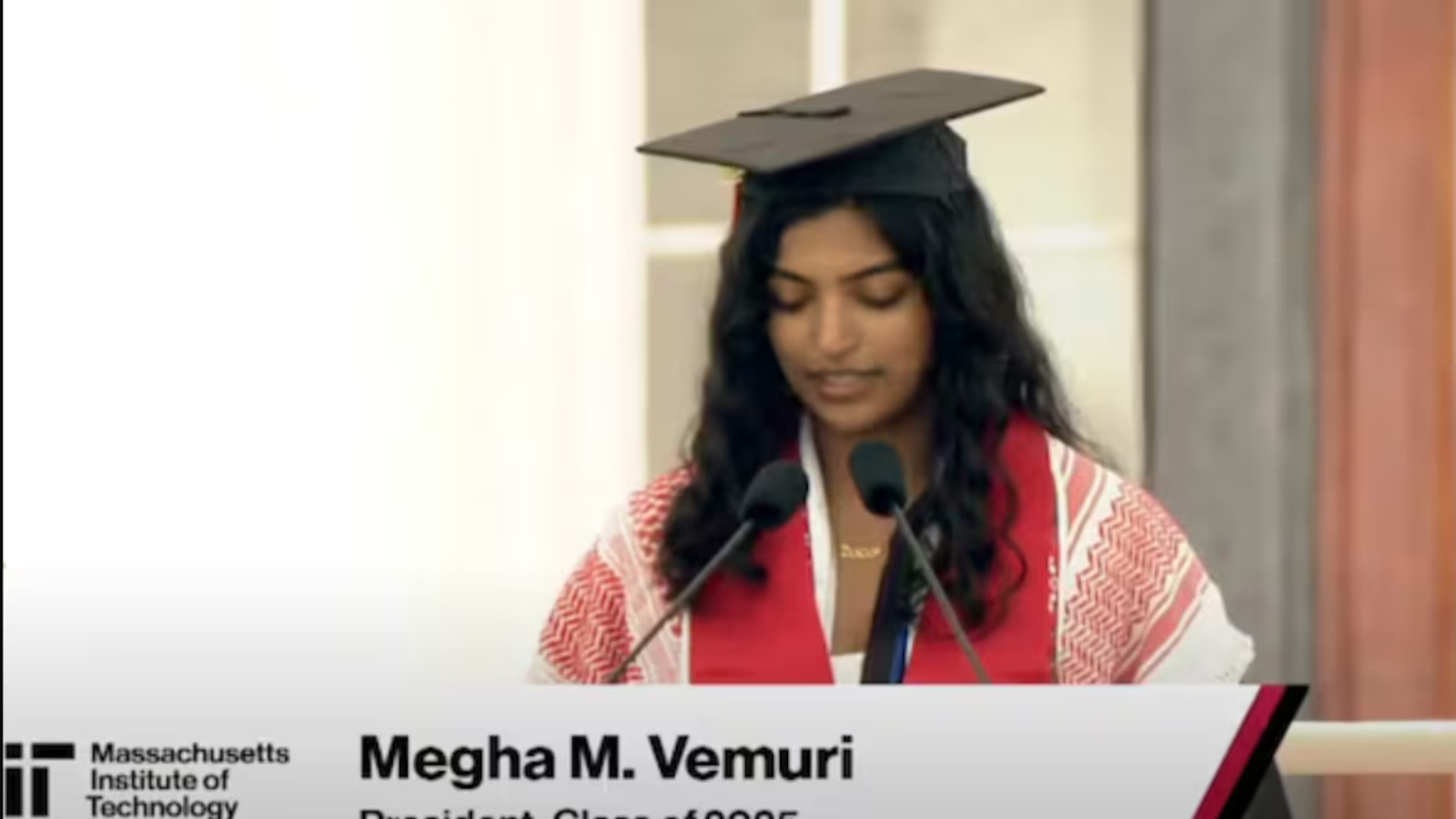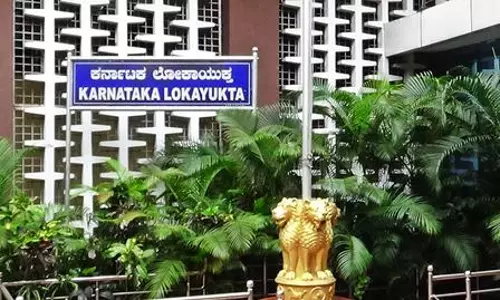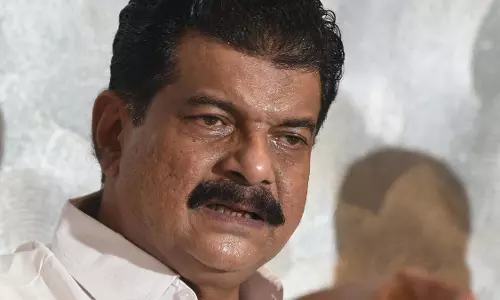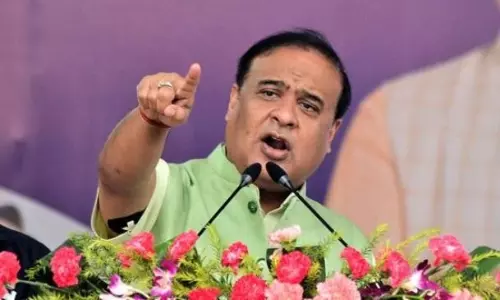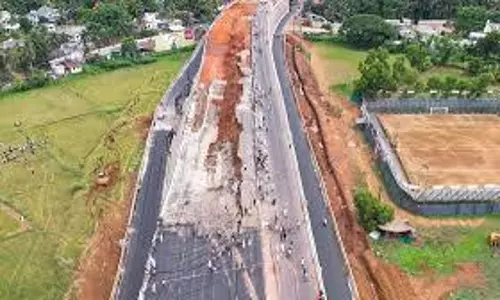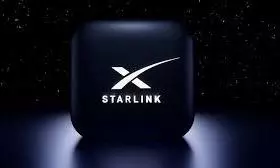
Elon Musk’s Starlink gets green light to offer satellite internet in India
text_fieldsElon Musk’s satellite internet venture, Starlink, has received a key approval to launch services in India.
The Department of Telecommunications (DoT) has issued a Letter of Intent (LoI), paving the way for the service to join India’s emerging satcom landscape after agreeing to the government’s stringent security terms.
Starlink, a project of SpaceX, aims to deliver high-speed, low-latency broadband by using a constellation of low Earth orbit (LEO) satellites, currently numbering around 7,000 but expected to grow to over 40,000. Unlike traditional geostationary satellite services, Starlink’s LEO network orbits much closer to Earth at about 550 km, enabling smoother internet experiences even in remote areas.
The approval comes amid a broader shift in India's digital strategy and coincided with national security developments, including India’s retaliatory strikes in response to the Pahalgam massacre. However, DoT officials clarified that the timing was unrelated and purely coincidental.
With this clearance, Starlink joins Eutelsat OneWeb and Jio Satellite Communications, who have also received licences to operate. All three providers are awaiting spectrum allocation before launching commercial services. Meanwhile, telecom regulator TRAI is finalising policy recommendations for how satellite spectrum should be distributed.
The Indian government has recently introduced strict security norms for satcom operators. These include mandatory legal interception capabilities, a ban on routing user data or connections through foreign infrastructure, and a requirement to indigenise at least 20% of the satellite network’s ground segment within a few years of launching operations.
To comply, Starlink and other players will need to obtain additional clearances for hub and gateway locations, along with proving their network’s ability to meet monitoring and interception standards set by the DoT.
Union Minister Chandra Sekhar Pemmasani acknowledged the complexity of the licensing process earlier this week but confirmed that Starlink’s application was in its final stages. He downplayed fears that satellite internet would disrupt India’s existing telecom sector, calling Starlink a niche player suited for remote and underserved regions.
"Starlink will mostly be for indoor use in areas where traditional mobile networks can't reach. It’s not a threat to telecom giants," Pemmasani said, pointing out that Starlink’s global user base is under 5 million and the service remains expensive to deploy and access compared to mainstream telecom services.
In a strategic move, Starlink has also entered into partnerships with India’s telecom leaders Reliance Jio and Bharti Airtel, who collectively dominate over 70% of the national market. These alliances could ease Starlink’s integration into India's connectivity infrastructure.
Elon Musk is expected to visit India later this year, likely to further discussions around Starlink’s rollout.





